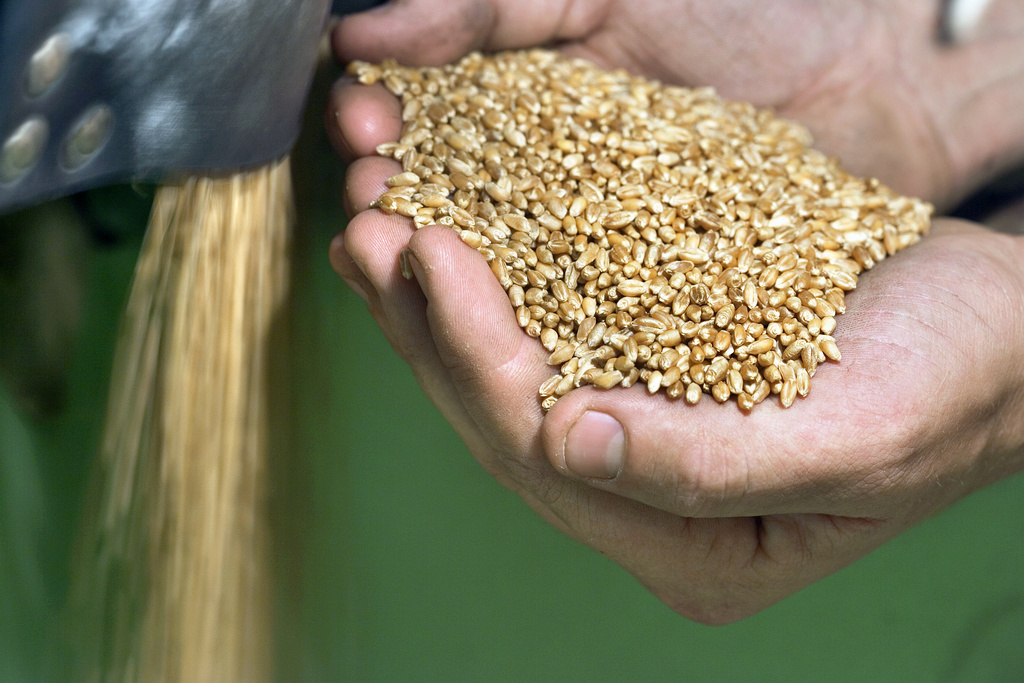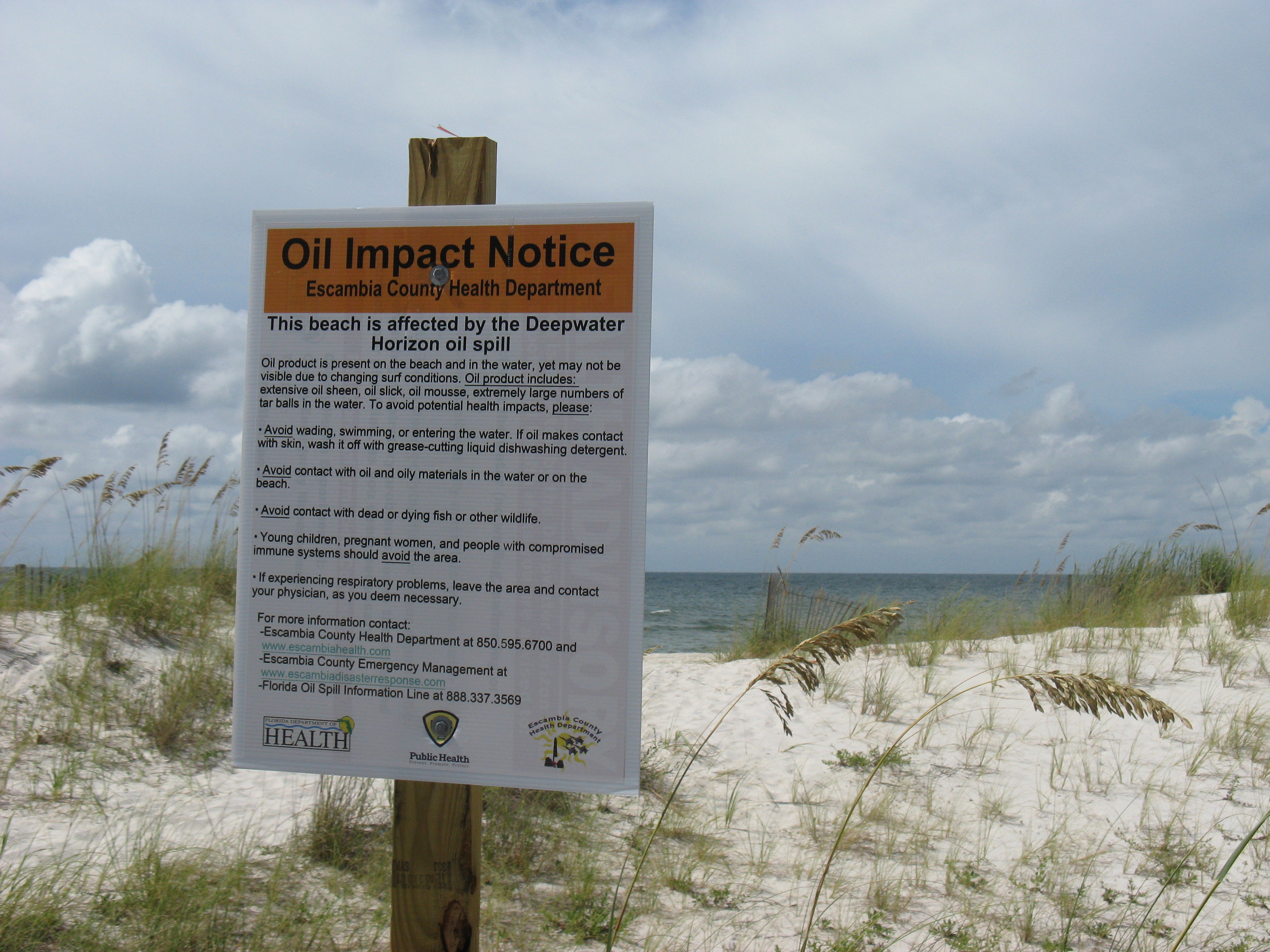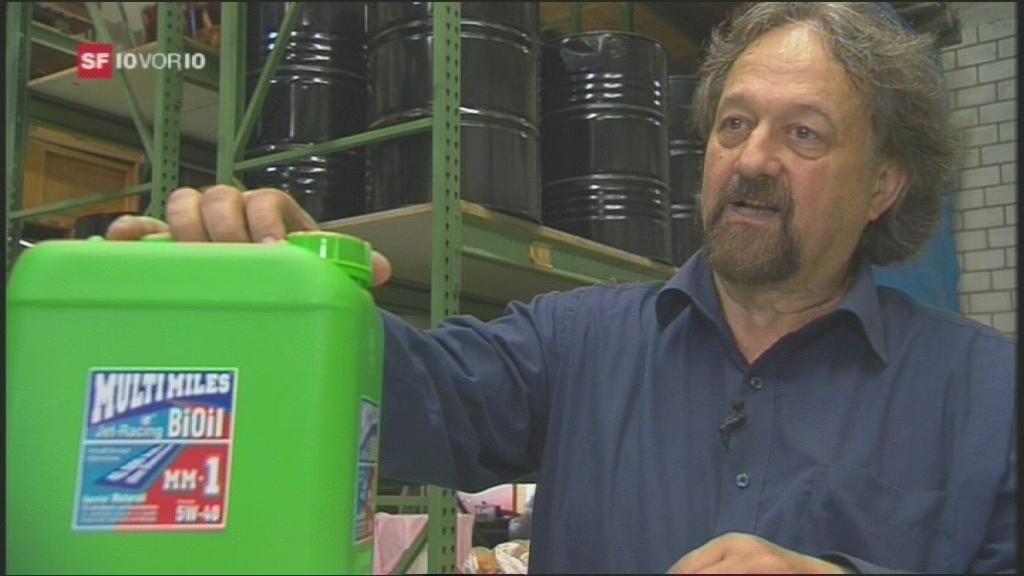Raging commodity prices sparks fierce debate

Rapidly rising commodity prices translated into unsustainable food inflation and a threat to economic growth has prompted a round of finger pointing.
The escalating cost of basic food products, such as wheat, has provoked social unrest in the poorer parts of the world. At the same time, the increasing price of oil threatens to put a brake on recovery from the global recession.
Speaking at the World Economic Forum’s annual meeting in Davos, French President Nicolas Sarkozy laid a large portion of the blame at the door of market traders. Sarkozy repeated plans to impose more regulation on the commodities trading industry during France’s presidency of the G20.
While acknowledging that adverse and severe weather patterns had played a large part in raising commodity prices by devastating crops, Sarkozy displayed particular distaste for “speculators” who he believes preyed on food shortages to make a fast buck.
“It’s a chicken and egg situation: speculation feeds on shortages and shortages are made worse by speculation,” he said in Davos. “A lack of transparency plus a lack of regulation led to an increase in grain prices in a matter of weeks [last year].”
“Why would you accept regulation of financial markets and not do the same for commodity markets? Let’s calmly set up reasonable rules so that no-one can upset the cycle of supply and demand,” he added.
Greenback the villain
But Joseph Di Virgilio, a commodities expert at a Swiss-based hedge fund, threw the blame straight back at governments, particularly the United States, that are attempting to spend their way out of recession by injecting more cash into the system, and thus weakening their own currencies.
The key to his argument is the rapid depreciation of the US dollar, the currency that most commodities are traded in. As the greenback declines in value, said Di Virgilio, commodities become cheaper to buy, encouraging stockpiling.
For example, airline companies or manufacturers that purchase with a stronger currency would be encouraged to stockpile more oil, thus inflating prices.
“Commodity prices have continued to rise simply because of the coordinated monetary policies of governments,” Di Virgilio told swissinfo.ch. “There is always a correlation between a cheap dollar and the inflation of commodities.”
Switzerland has built up a formidable commodities trading industry based around Geneva and Zug. It is estimated that Geneva handles around a third of the world’s petroleum trades and the Geneva Trading and Shipping Association recently boasted that it could soon overtake London as a global centre for commodities trading.
Speculation on speculators?
Di Virgilio, chief investment officer at Sustainable Investment Fund, made a distinction between Sarkozy’s speculators that make profits by trading in commodity-based financial instruments, and traders that physically move goods around the world from producer to consumer.
But he dismissed the notion that speculation is a main contributor to price volatility.
“Put all the hedge funds in the world together and tell them to speculate on one soft commodity [agricultural product] and they will never have as much effect on prices as the debasement of the dollar,” he said.
Di Virgilio agreed with Sarkozy that some further regulation on the activities of traders who are not involved in distributing commodities might be beneficial. But he urged governments to set their sights instead on solving the issue of a rising global population placing greater pressure on the supply of food and energy.
He predicted further increases in commodity prices across the board for the rest of the year.
Inflation concerns
The current escalation of commodity prices has hit people in the poorest parts of the world the hardest. But fears are growing that the situation could lead to inflationary pressures in advanced economies that could peg back economic growth.
However, economists have not seen indications that commodity price volatility would have an impact on the cost of goods in Switzerland in the near future. Switzerland is partially insulated by the strength of the Swiss franc that gives manufacturers and producers higher purchasing power while making many imports into the country cheaper.
“Inflation worries are especially prominent in the euro zone on the back of higher oil prices,” Bank Sarasin economist Ursina Kubli told swissinfo.ch. “But we do not think there is a risk of core inflation rising in Switzerland for now.”
The Swiss National Bank (SNB) is also unlikely to raise interest rates purely on the back of rising commodity prices, according to Kubli.
“The central bank targets the core inflation rate [stripping out short term commodity fluctuations and seasonal price changes] and that is running at virtually zero per cent,” Kubli said.
Privately owned Glencore, one of the world’s largest traders of aluminium, nickel and other metals, is widely tipped to list on the stock markets this year.
The Zug-based commodities giant was set up by notorious trader Marc Rich in 1974 as Mark Rich & Co.
Rich fled to Switzerland to escape charges laid in the US – by then state prosecutor Rudolph Giuliani – in 1983 of tax evasion in the US before being pardoned by President Bill Clinton in 2001.
Rich sold his company to management for around $600 million in 1993, after which it was renamed Glencore.
Analysts now value the enterprise, that releases little data on its earnings, at close to $60 billion today.
Besides making it one of Europe’s biggest ever flotations, the rumoured Glencore listing has attracted attention for other reasons.
The mooted public offer of shares in Glencore has also been linked to a tie-up with London listed mining group Xstrata – a merger that would create a commodities powerhouse enterprise.
Talk of a the flotation has also raised eyebrows because it would add more transparency to the opaque world of commodities dealing. As a public company, Glencore would be obliged to uncover its revenues and some commercial activities to the world.
“Transparency is requested today,” Marc Rich said in a rare media interview with the Swiss journal Weltwoche this week. “It limits your activity, to be sure, but it’s just a new strategy to which they have to adapt to.”

In compliance with the JTI standards
More: SWI swissinfo.ch certified by the Journalism Trust Initiative





You can find an overview of ongoing debates with our journalists here. Please join us!
If you want to start a conversation about a topic raised in this article or want to report factual errors, email us at english@swissinfo.ch.